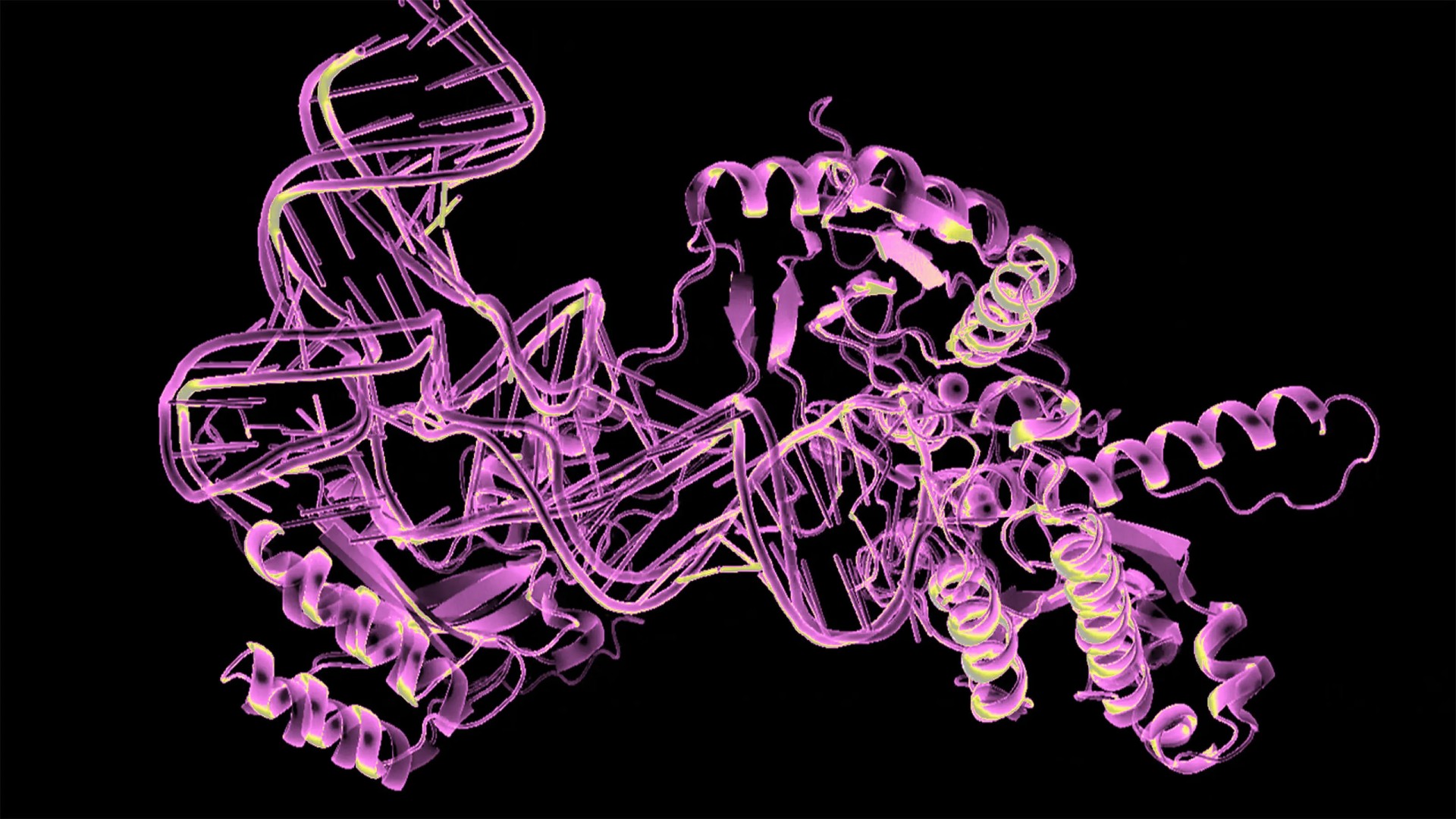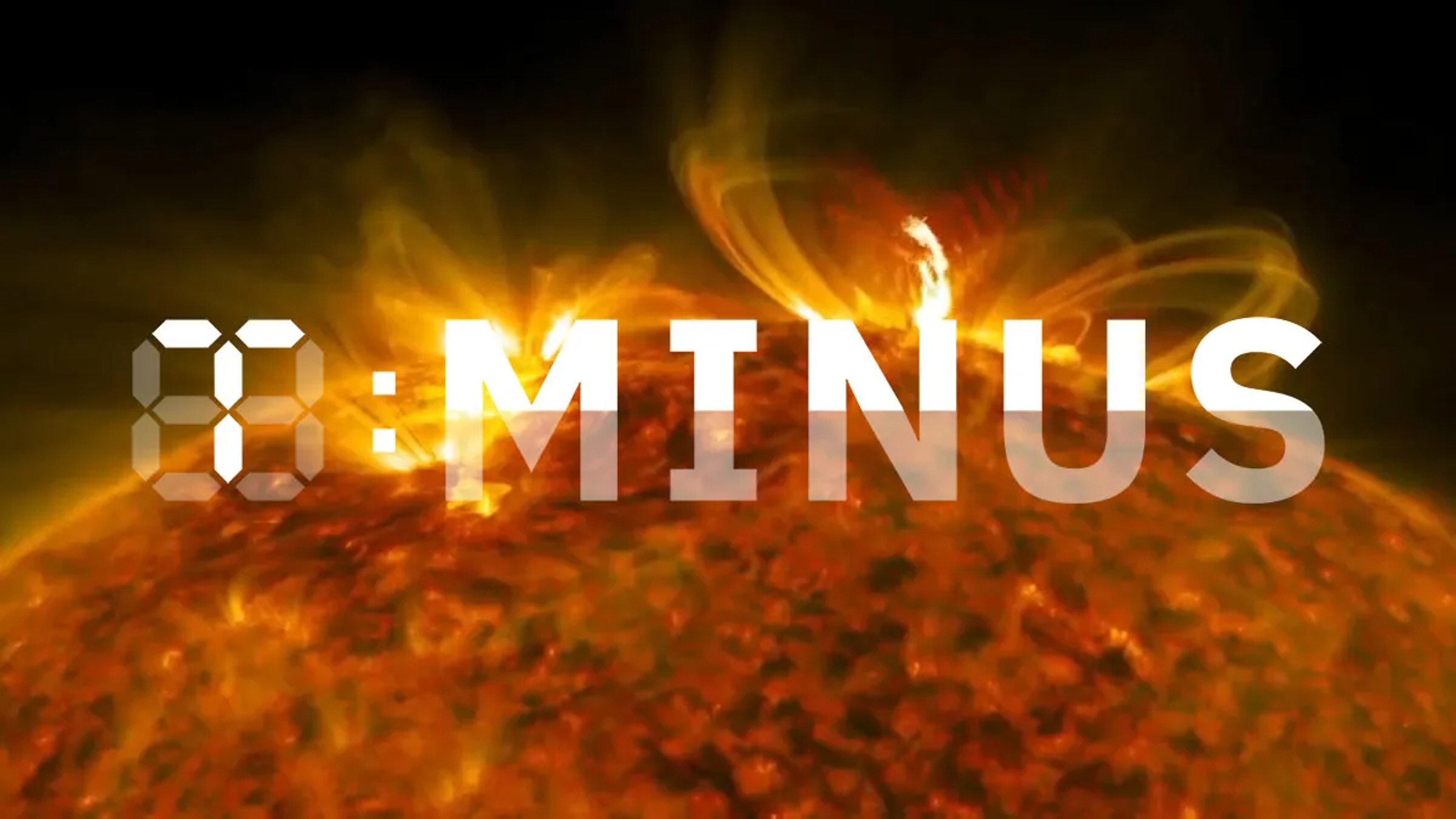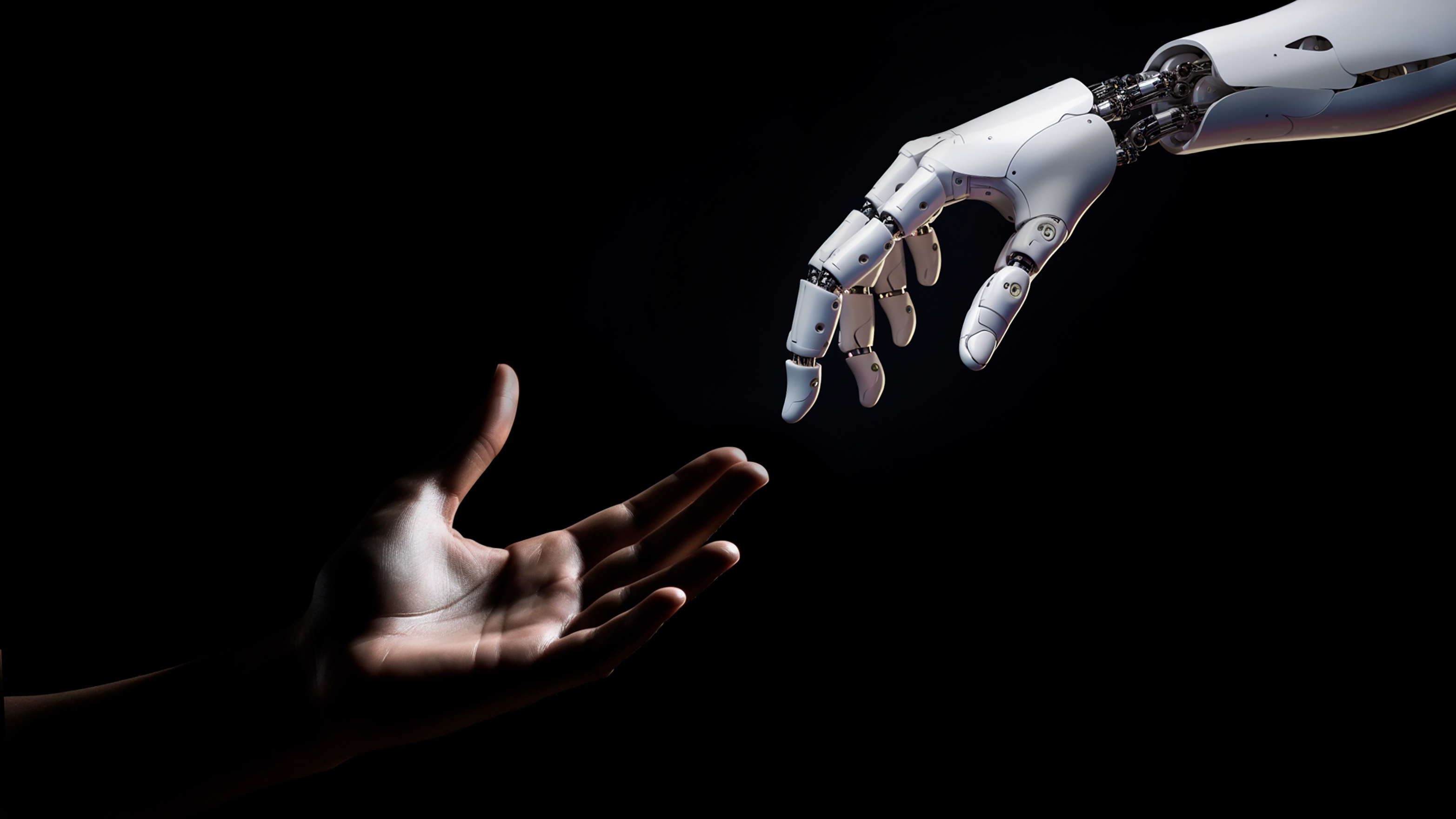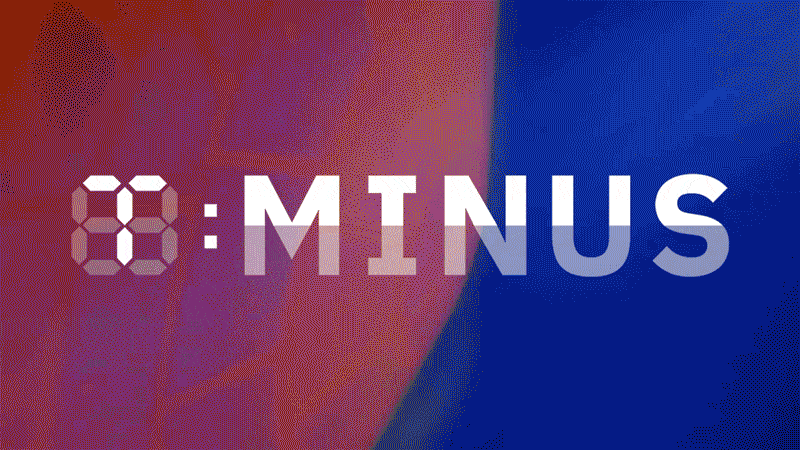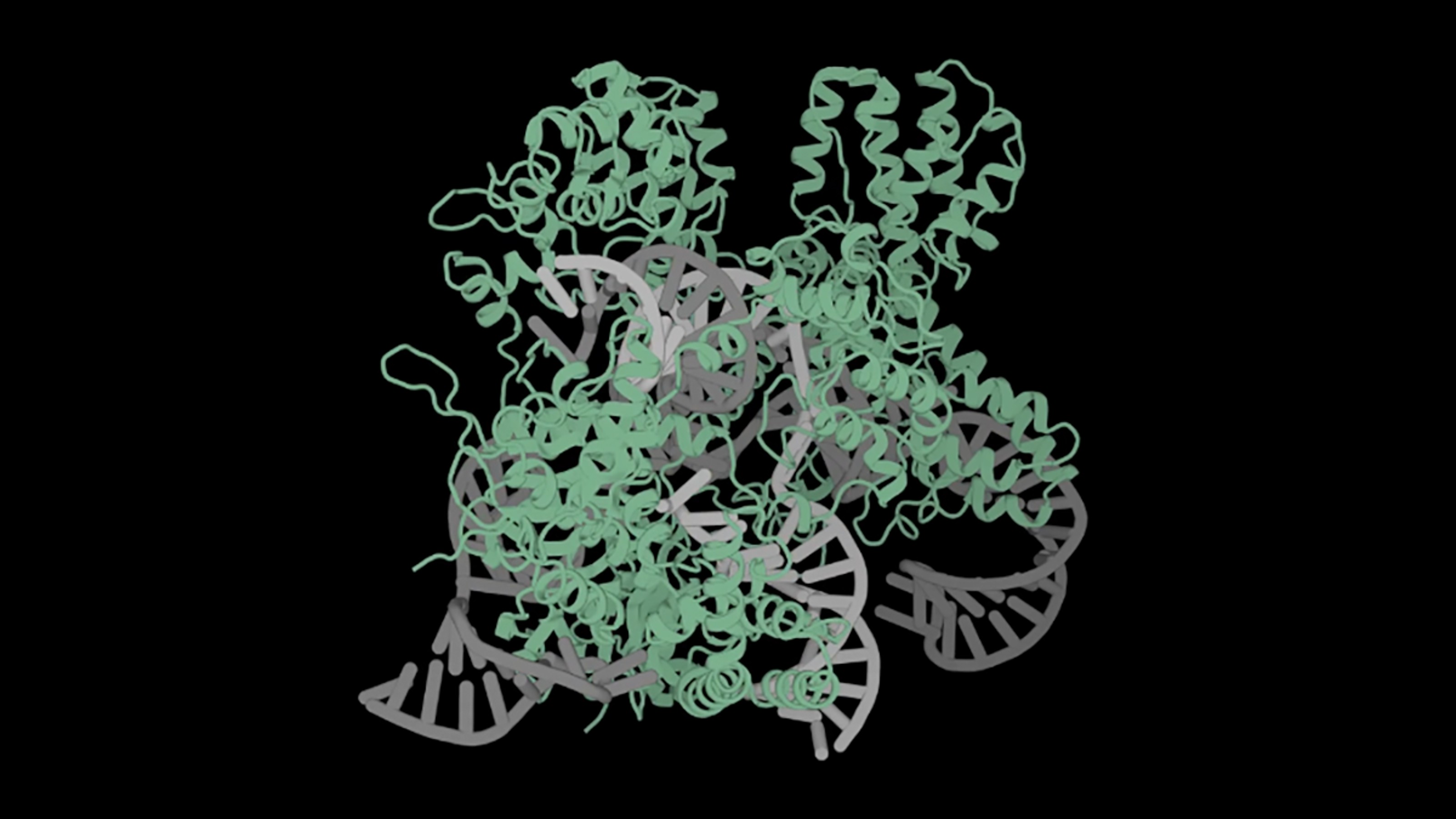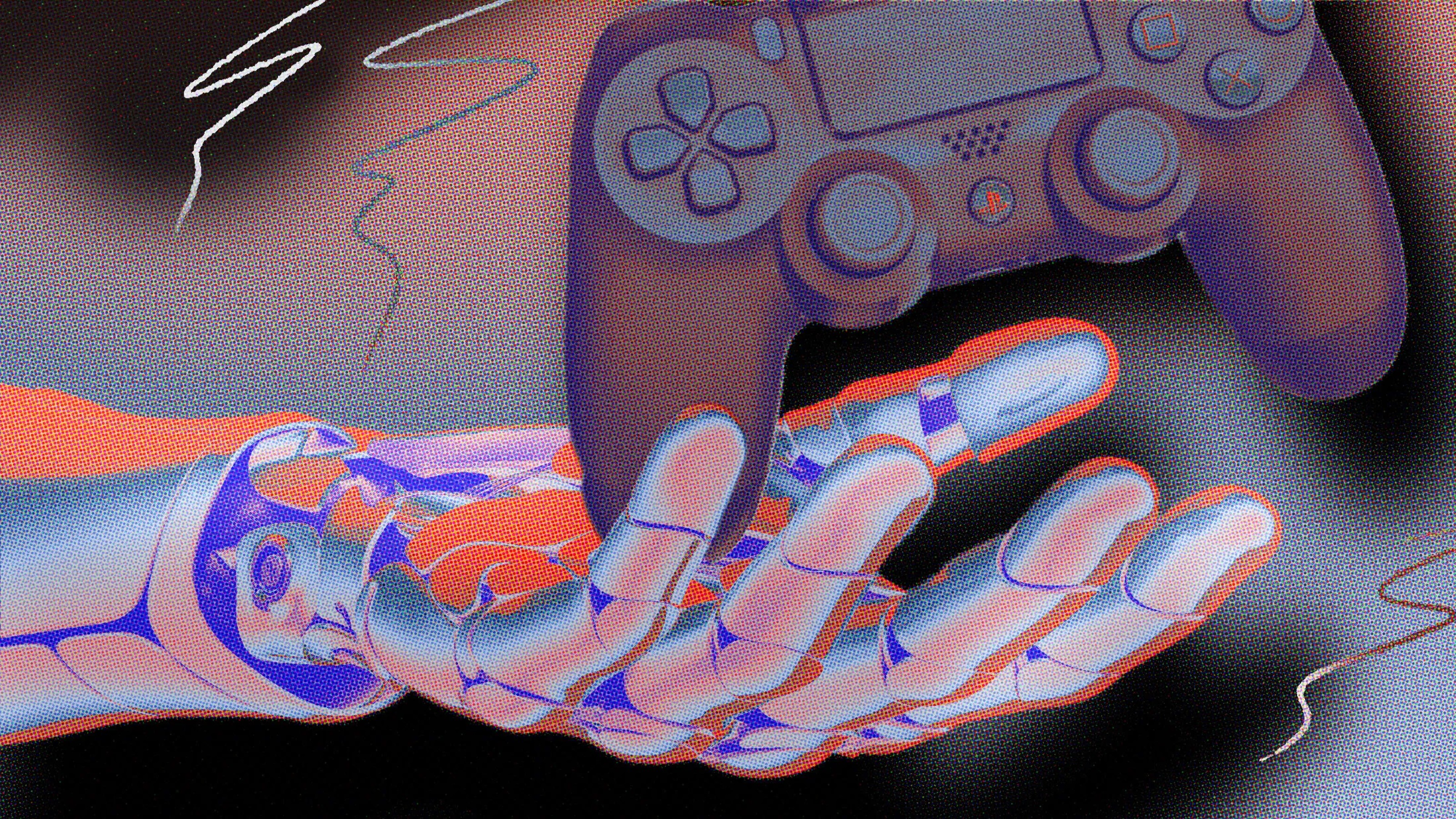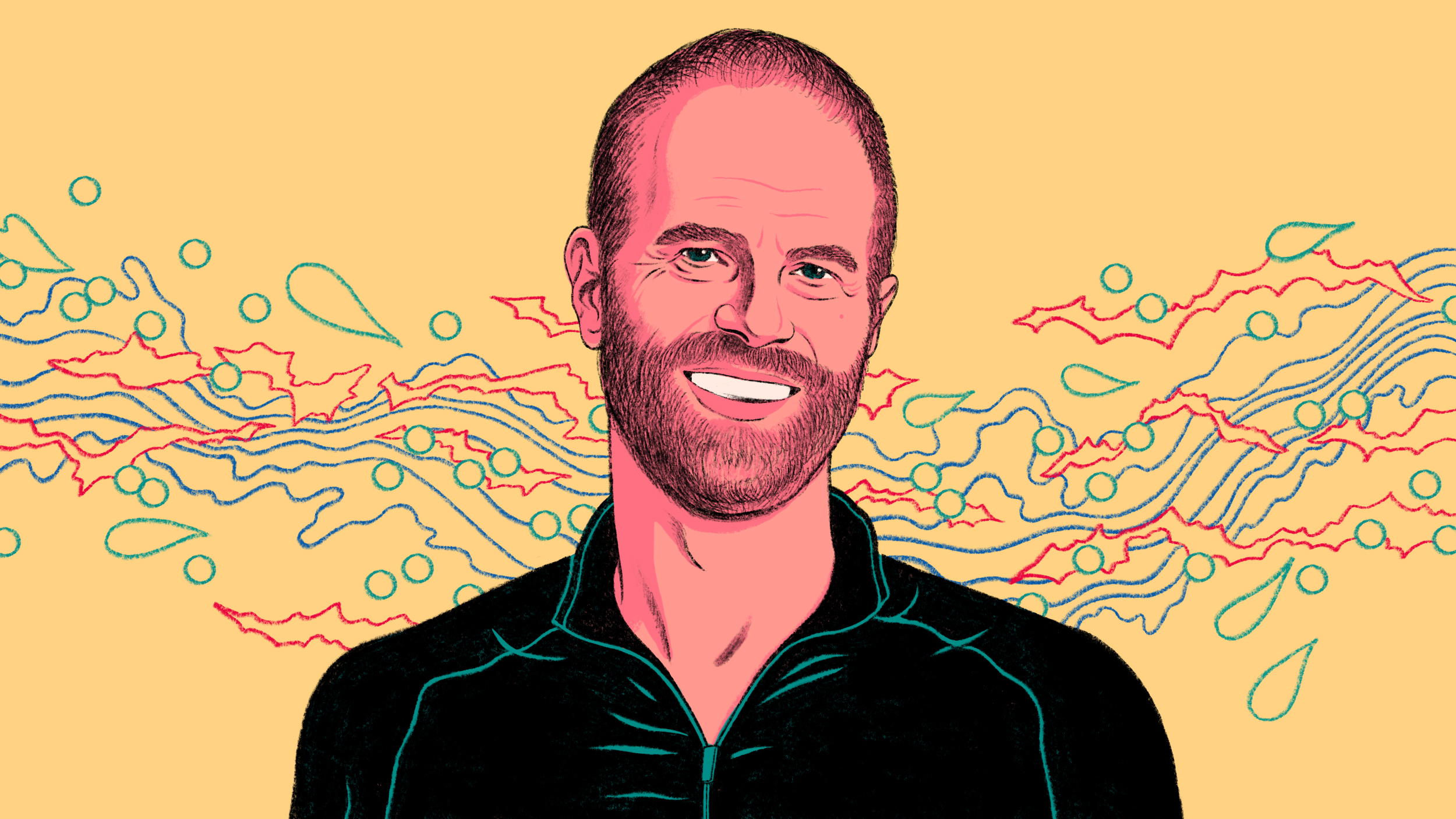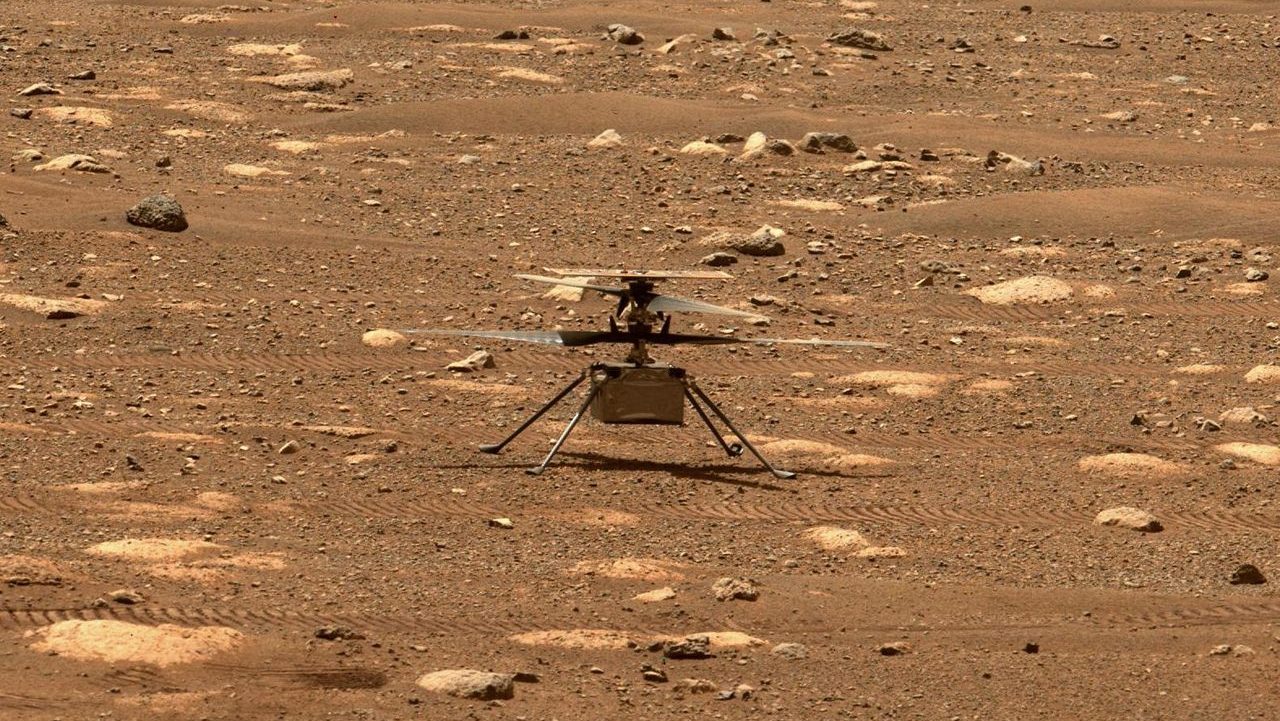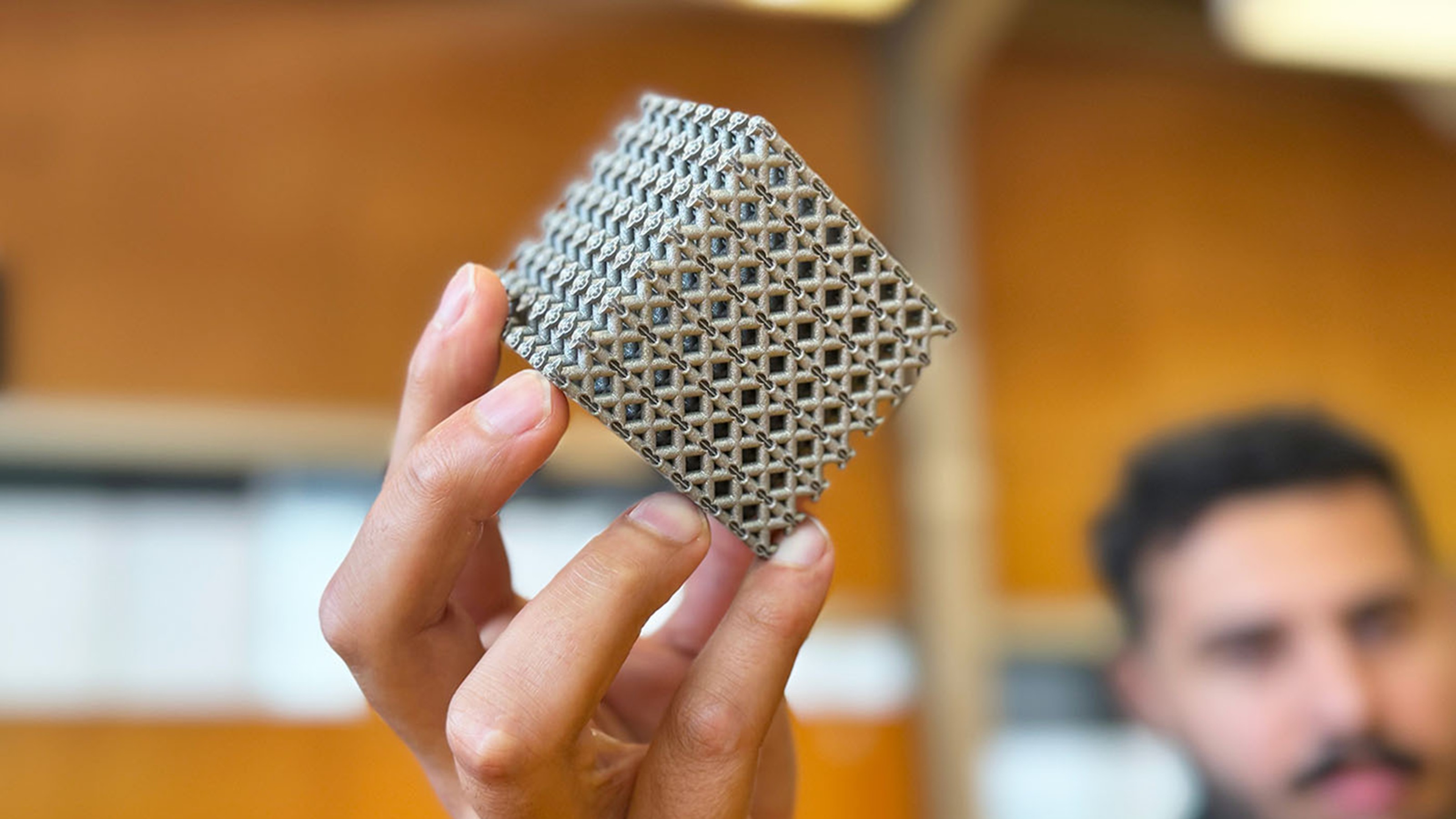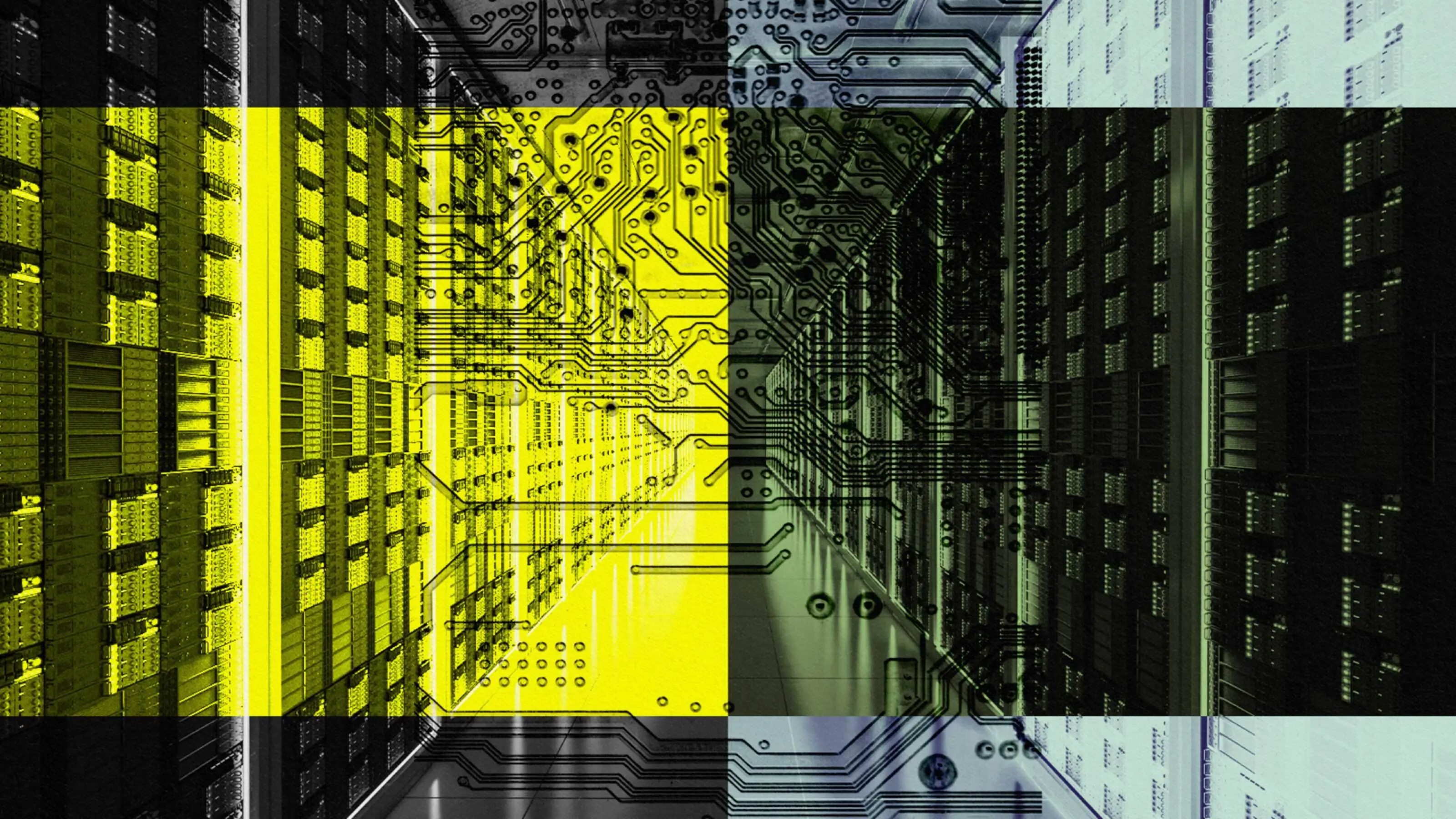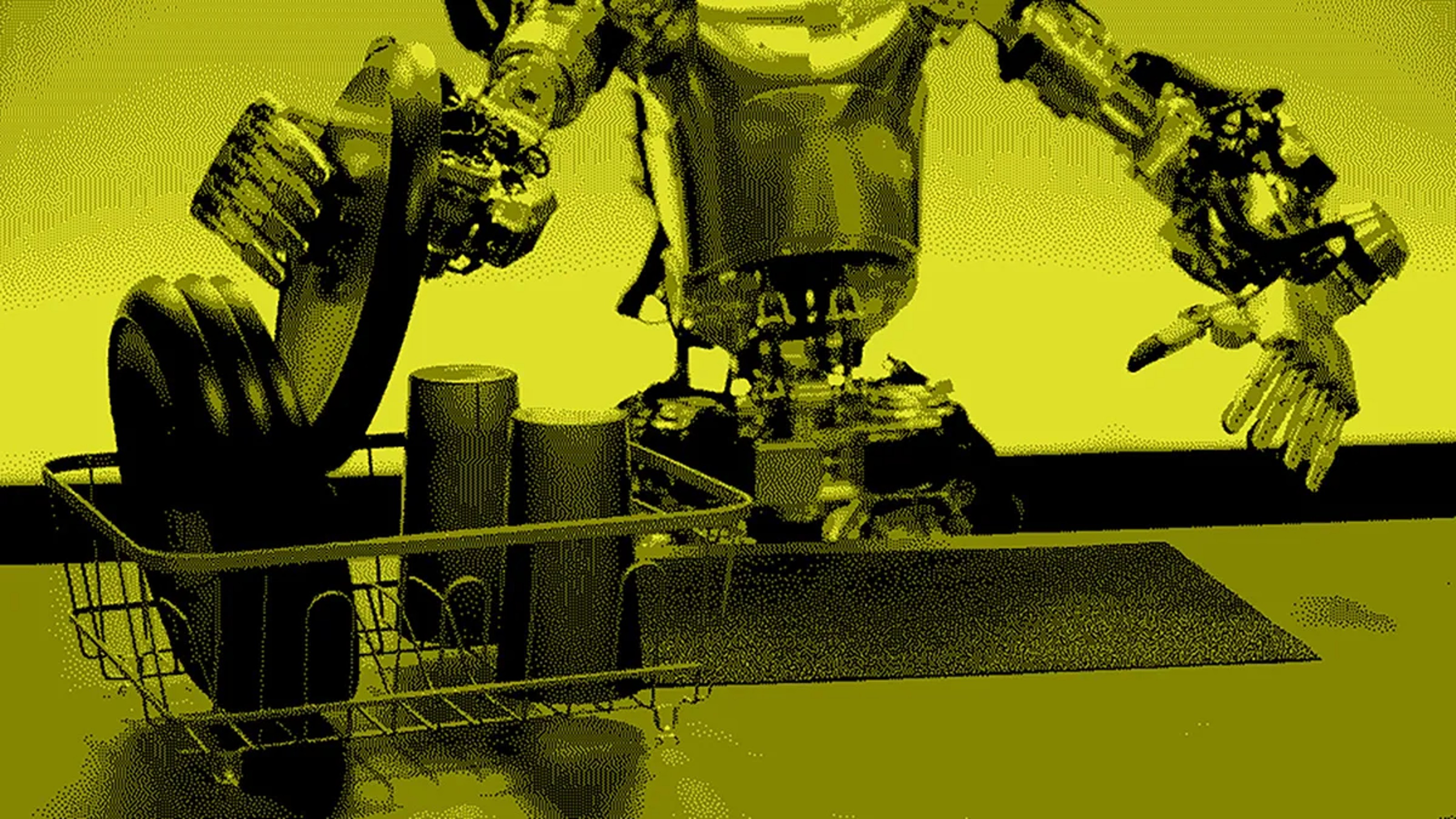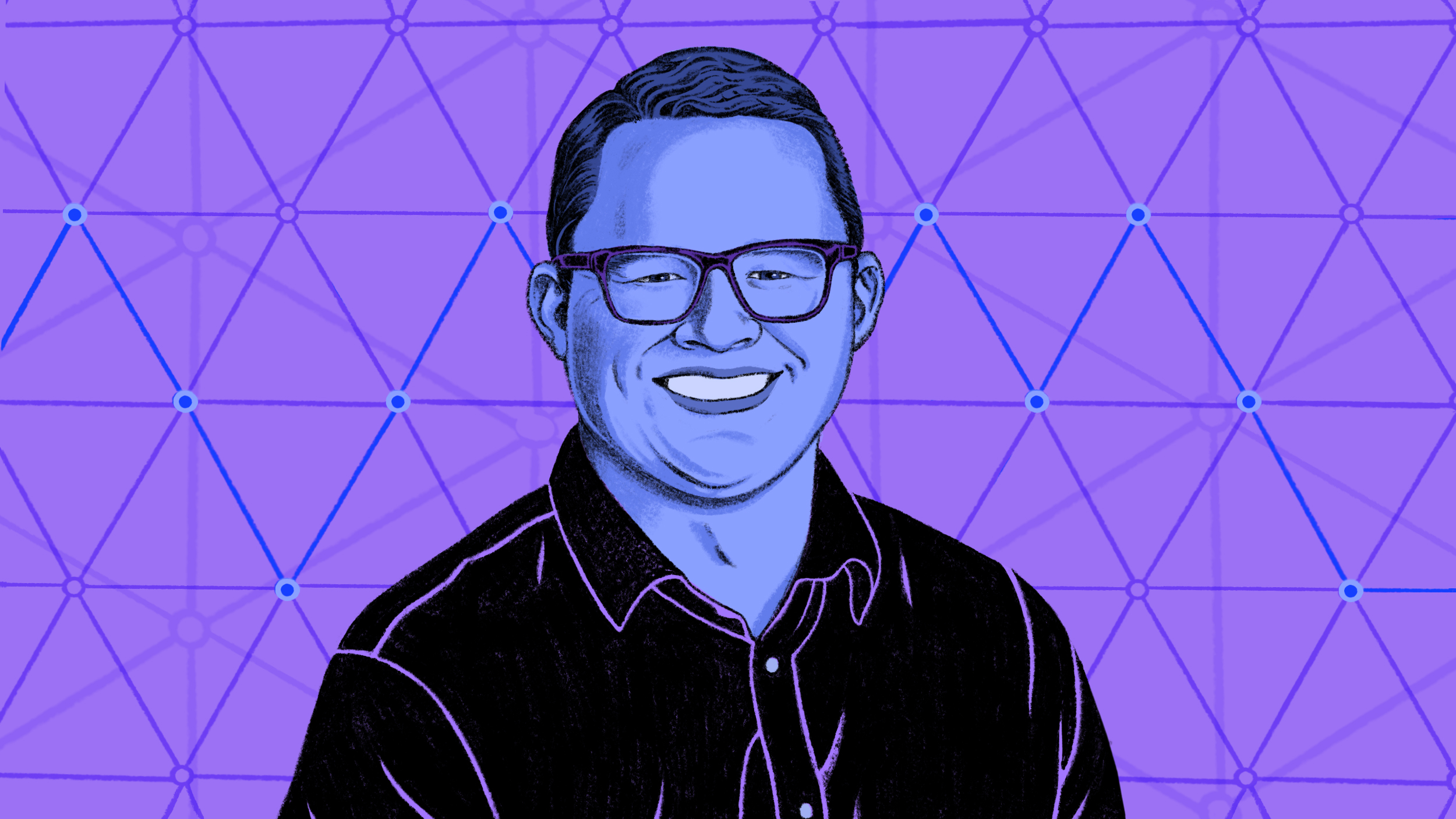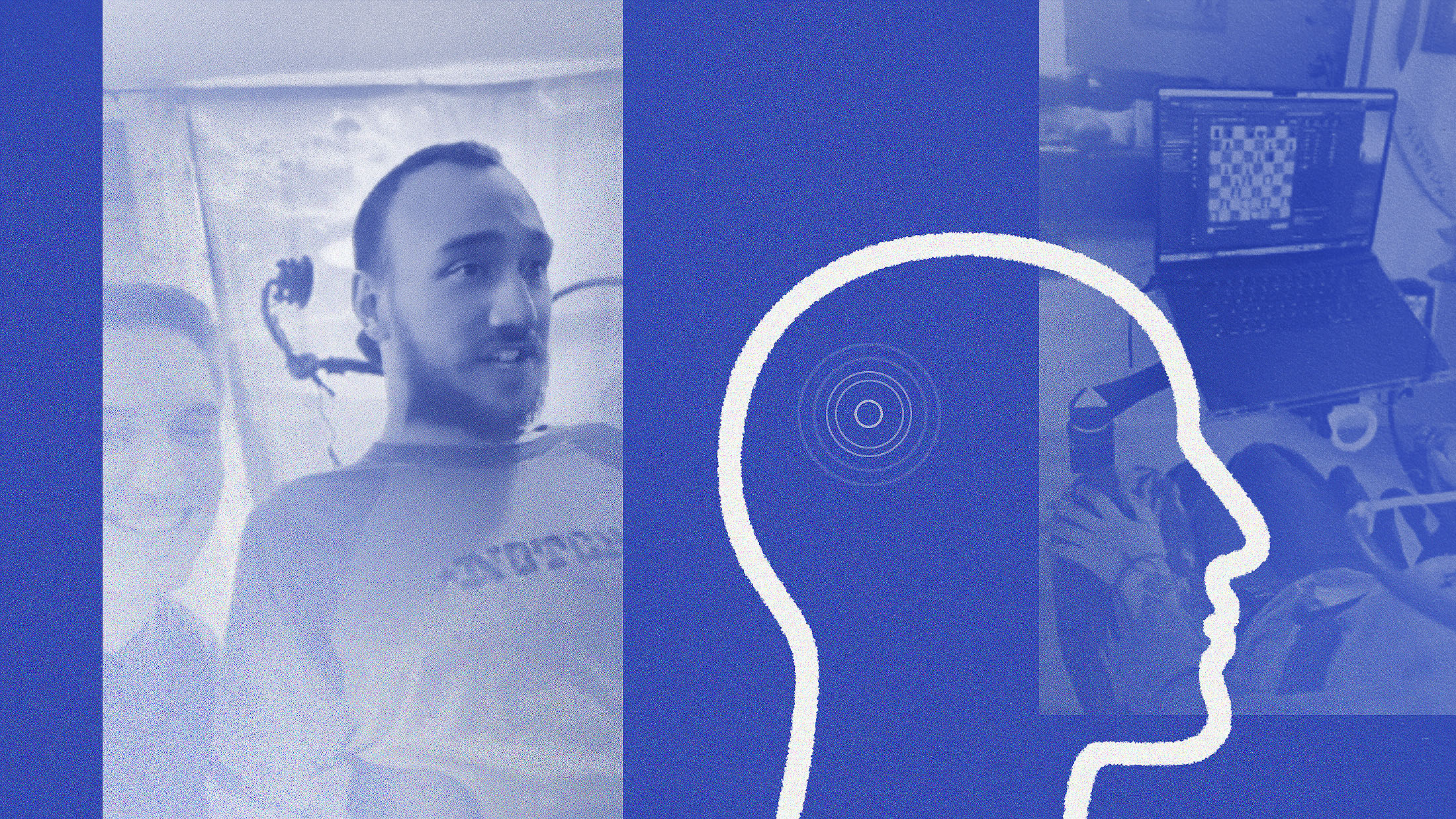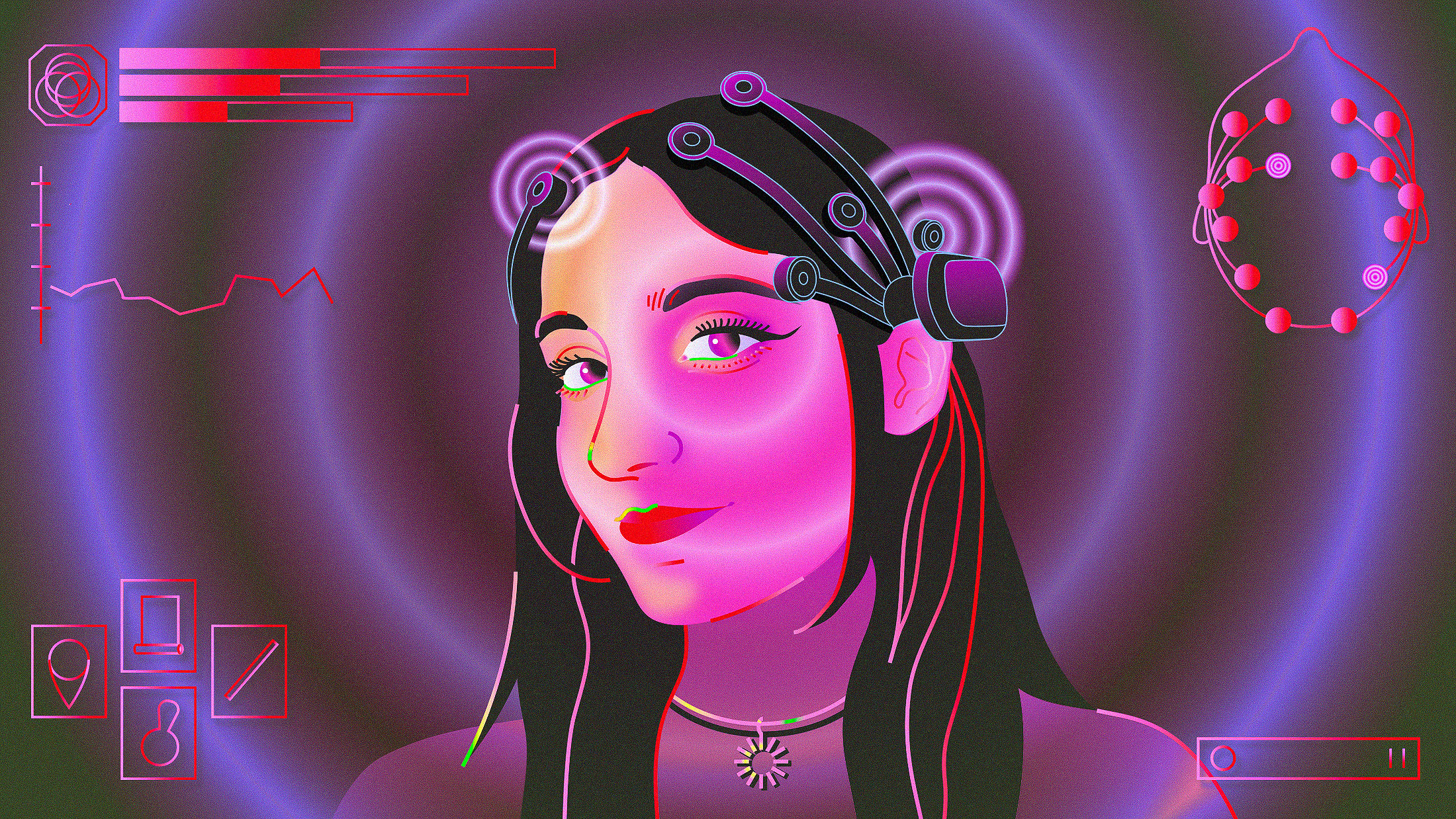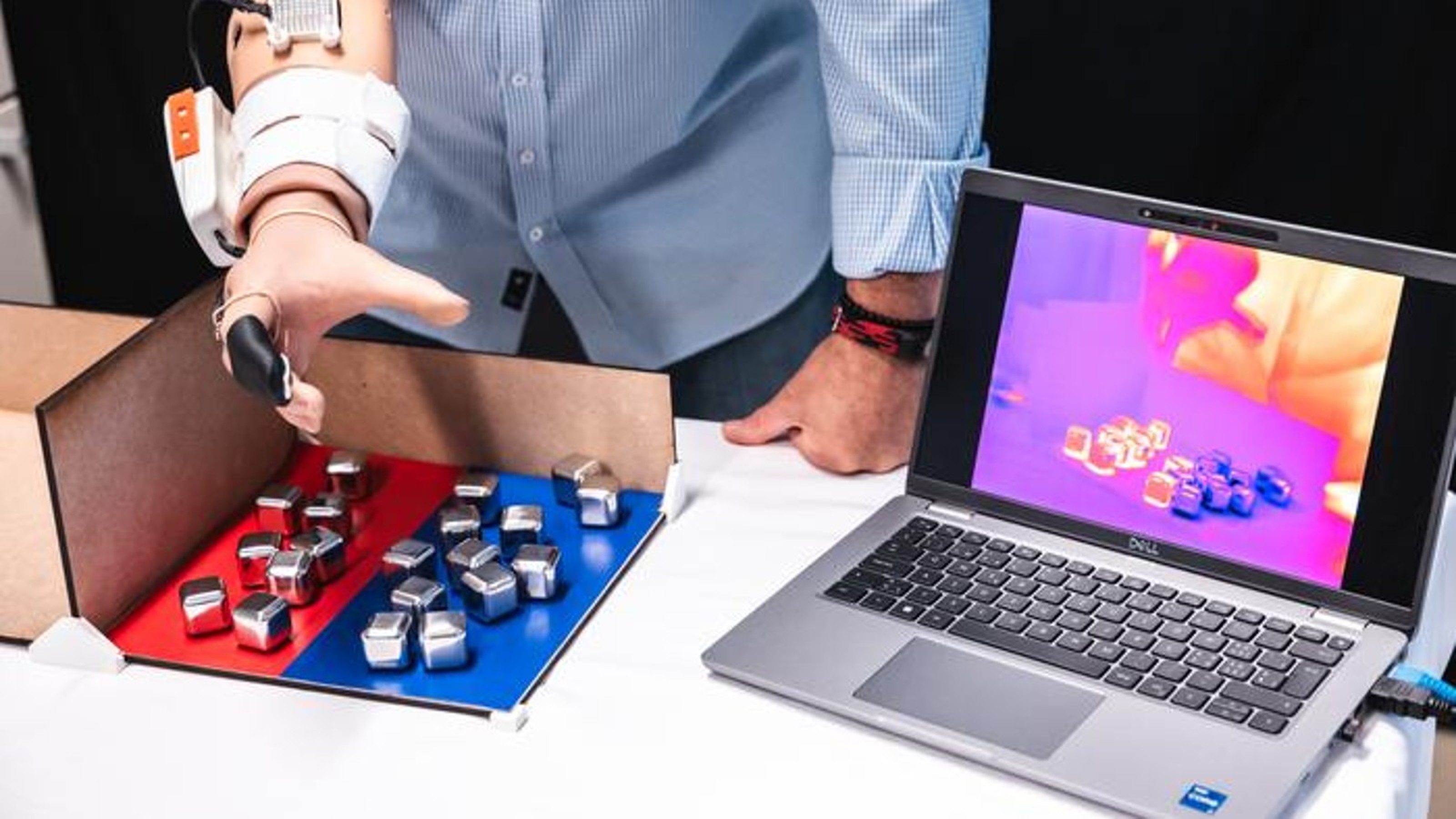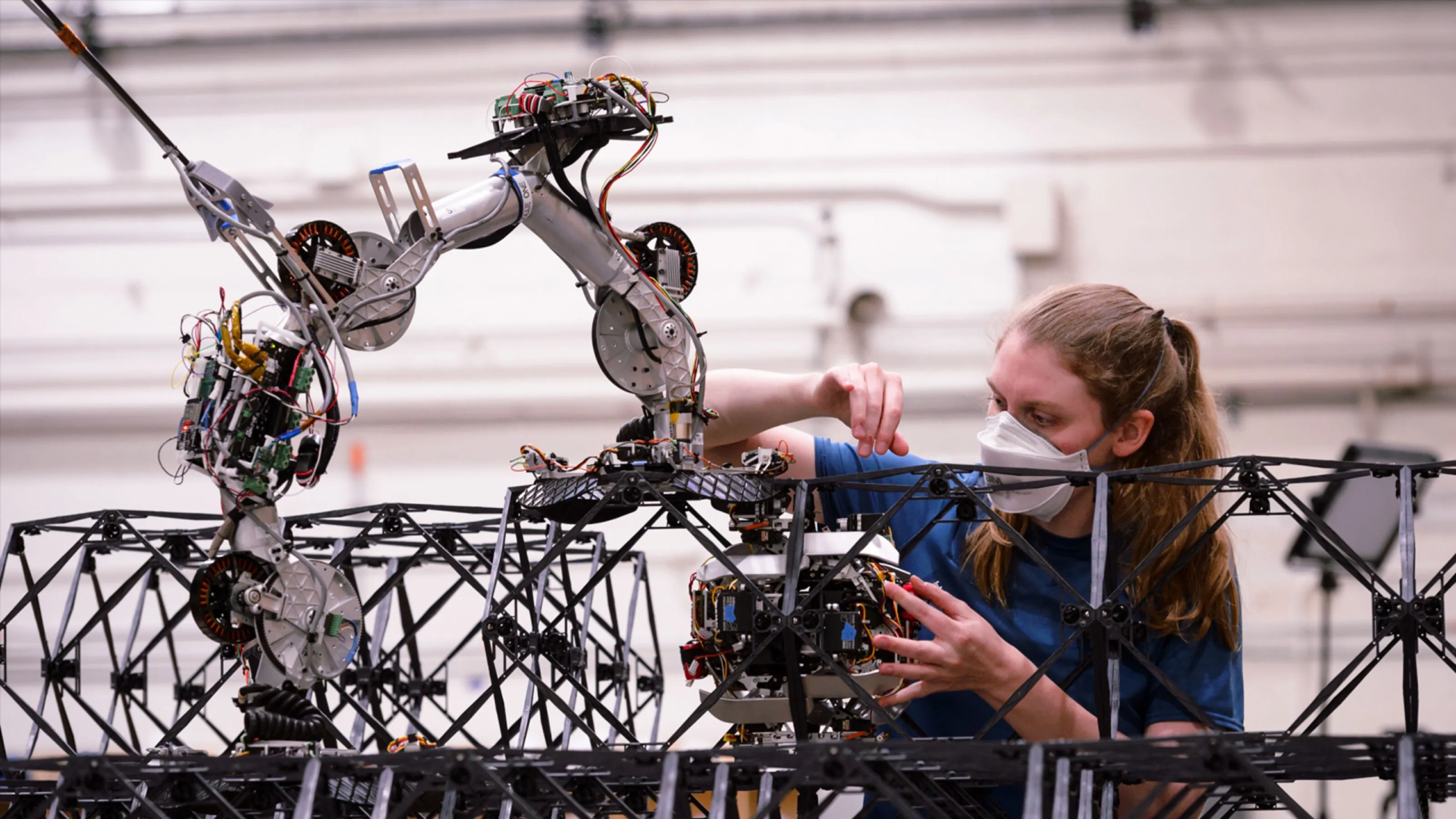Emerging Tech
Hunger rates are rising. These technologies could turn the tide.
A look back at the rise of solar power in the US and what’s next.
“By 2040, we hope to see a number of new drugs that have been designed with AI reaching patients.”
To know how to protect its astronauts, NASA needs to first understand the threat.
Freethink asks three different kinds of experts to answer this question.
The preservation and celebration of life, and not greed, should be our primary decision-making value.
The threats Mars astronauts face — and how NASA is working to solve them.
We will believe in AGI when it calls on Facetime.
Profluent’s new platform is like ChatGPT for genetic technology.
Finally, an AI that can drive a digital car as a goat.
Joe Betts-LaCroix — co-founder and CEO of Retro Biosciences — talks to Big Think about invention, authenticity, and Sam Altman’s “art of the startup.”
If the past is any guide, things are going to take off quickly.
Six visionary science fiction authors on the social impact of their work.
It’s 50% stronger than comparable materials used in aerospace.
What would it take to create a truly intelligent microbot, one that can operate independently?
“Stargate” could be used to train the world’s most powerful AIs.
Making up false information is one of the biggest problems with AI, but there are no silver-bullet solutions.
We may be on the brink of finally seeing human-level intelligence in an AI — thanks to robots.
The technology is not a replacement for human labor — it’s a way to complement existing human tasks.
Google’s “Genie” could be used to create a wide range of interactive environments for more than just games.
Ethan Mollick, associate professor at the Wharton School, explains why we have to crack the machine-buddy problem.
If you guessed “staying up all night to play video games,” you’d be right.
Perrikaryal uses an EEG to translate her brain activity into beating bosses in “Elden Ring” and beyond.
People who have a regional accent might prefer robots who speak like them over generic voices.
Tech designed to fuse atoms might be able to clean up space, too.
Former GitHub CEO Nat Friedman just invested $100 million into the company.
Its creators hope the technology will help people meaningfully connect with the external world.
NASA gave three robots plans for a moon shelter, and the robots figured out how to build it.


